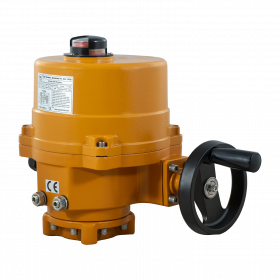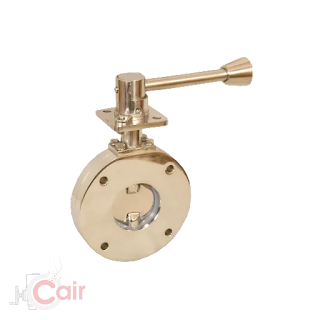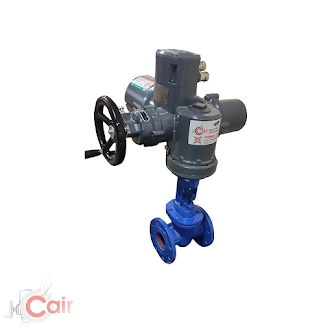Beyond the Pipeline: The Pinnacle of Valve Manufacturing Excellence
Introduction
In the world of industrial processes and infrastructure, valves play a crucial role in controlling the flow of fluids and gases. Whether it's in oil refineries, chemical plants, power generation facilities, or even everyday household plumbing systems, valves are the unsung heroes that regulate and direct the movement of substances. While the importance of valves is widely acknowledged, delving into the intricacies of valve manufacturing reveals a world of precision engineering, cutting-edge technology, and a commitment to excellence that goes beyond the mere assembly line.
The Evolution of Valve Manufacturing
Valve manufacturing has come a long way from its humble beginnings. Historically, valves were crafted by skilled artisans who meticulously fashioned them from materials like wood and bronze. However, as industries advanced, so did the demands for more efficient, durable, and precise valves. The modern era witnessed a shift toward industrialization, with manufacturing processes becoming increasingly sophisticated.
Today, the pinnacle of valve manufacturing excellence is characterized by a fusion of traditional craftsmanship and state-of-the-art technology. Engineers and technicians work hand-in-hand to design and produce valves that meet the stringent requirements of diverse industries. The evolution of materials, from traditional metals like bronze to high-performance alloys and polymers, has revolutionized the capabilities of valves, enabling them to withstand extreme conditions and corrosive environments.
Precision Engineering
One of the hallmarks of valve manufacturing excellence is precision engineering. Valves are designed to operate seamlessly under varying pressures, temperatures, and environmental conditions. Computer-aided design (CAD) and computer numerical control (CNC) machining have become indispensable tools, allowing manufacturers to achieve unparalleled accuracy and consistency in valve production.
Precision engineering extends beyond the physical components of valves; it encompasses the intricate design of valve internals, such as seals, stems, and actuators. The seamless interaction of these components is essential for optimal valve performance. Cutting-edge manufacturing technologies, such as 3D printing and advanced molding techniques, contribute to creating intricate parts with minimal tolerances, ensuring a perfect fit and functionality.
Quality Assurance
Ensuring the reliability and durability of valves is paramount in industries where they play a critical role. Valve manufacturers adhere to rigorous quality assurance protocols to guarantee that each valve meets or exceeds industry standards. Non-destructive testing methods, such as ultrasonic and radiographic inspections, are employed to detect any imperfections in materials or manufacturing processes.
Quality assurance also extends to the testing of valves under real-world conditions. Performance testing, endurance testing, and simulation of extreme environments are conducted to validate the valves' functionality and longevity. This commitment to quality ensures that valves manufactured at the pinnacle of excellence will perform reliably over extended periods, reducing downtime and maintenance costs for end-users.
Innovation and Adaptability
The pinnacle of valve manufacturing excellence is marked by a continuous pursuit of innovation and adaptability. As industries evolve, so do the requirements for valves. Manufacturers invest in research and development to stay ahead of the curve, exploring new materials, design concepts, and technologies to enhance valve performance.
Smart valves equipped with sensors and communication capabilities are becoming integral to industrial automation. These valves can provide real-time data on operating conditions, enabling predictive maintenance and optimizing overall system efficiency. The integration of smart technologies reflects the commitment of valve manufacturers to embrace the fourth industrial revolution and contribute to the development of interconnected and intelligent industrial systems.




Comments
Post a Comment